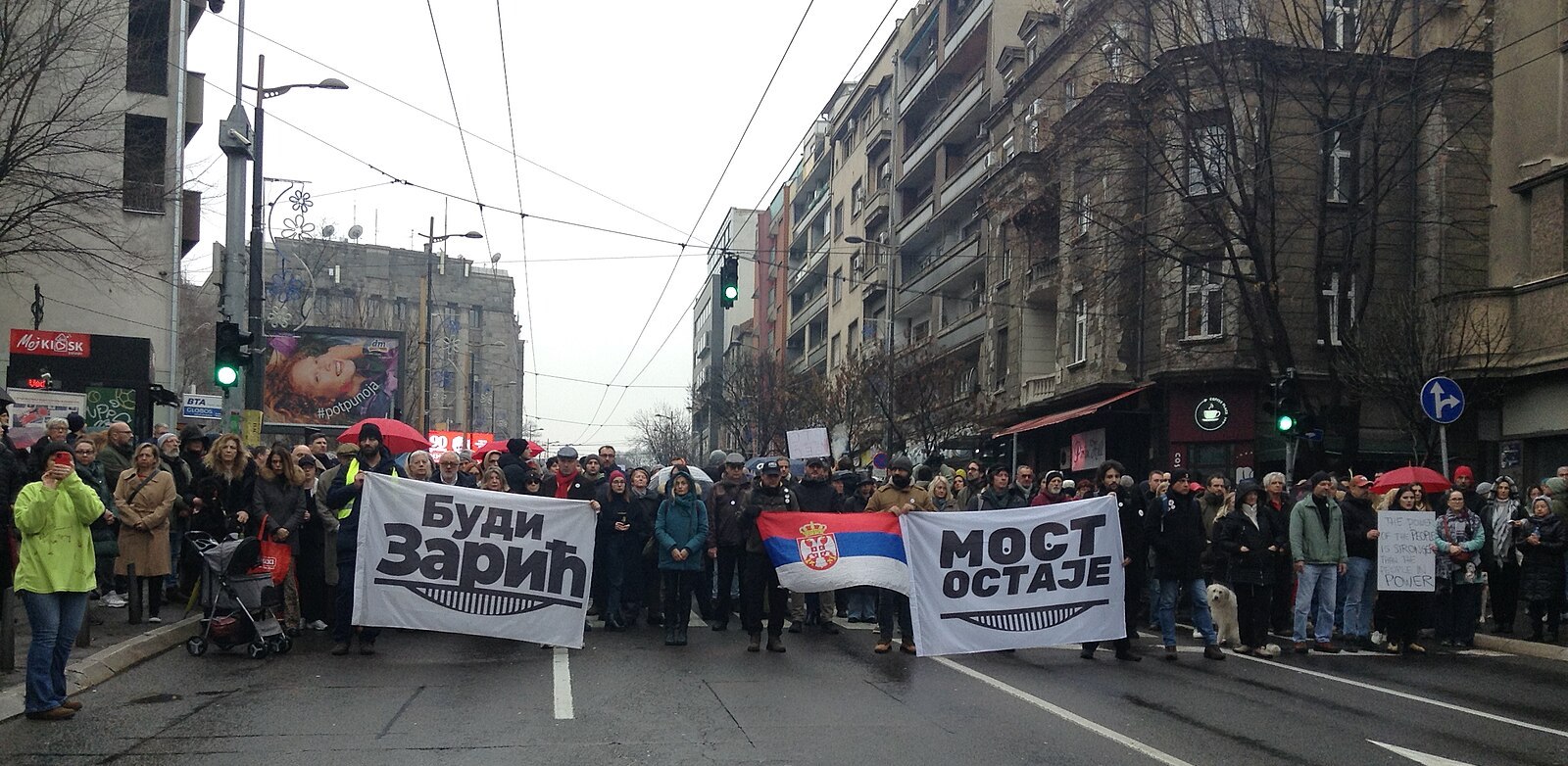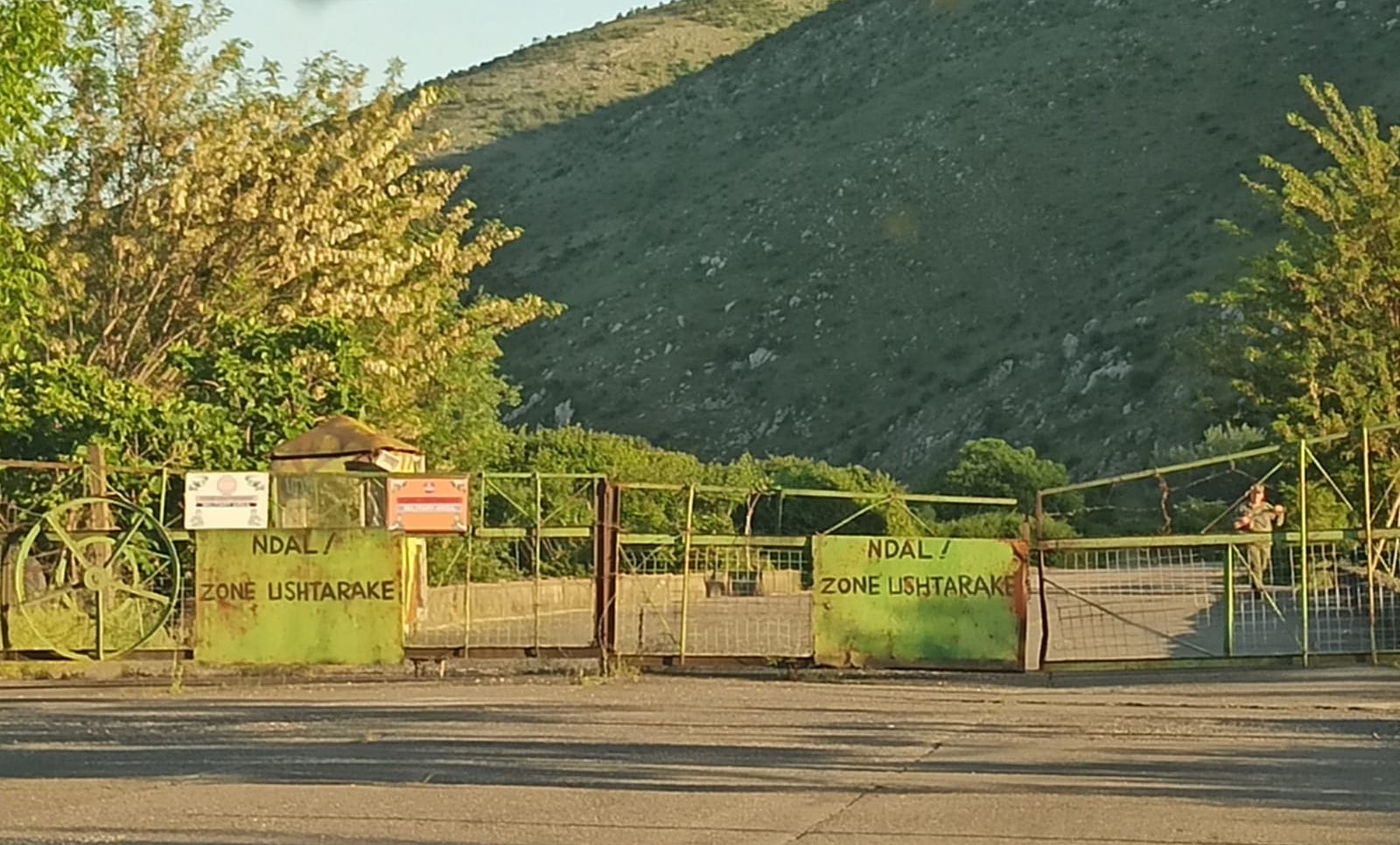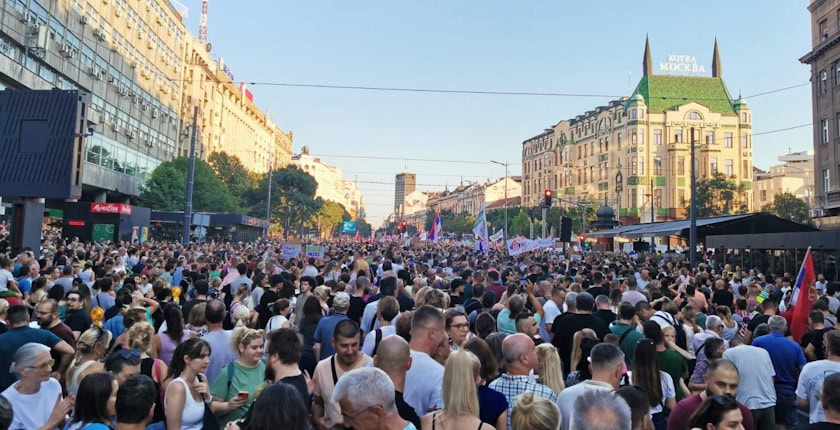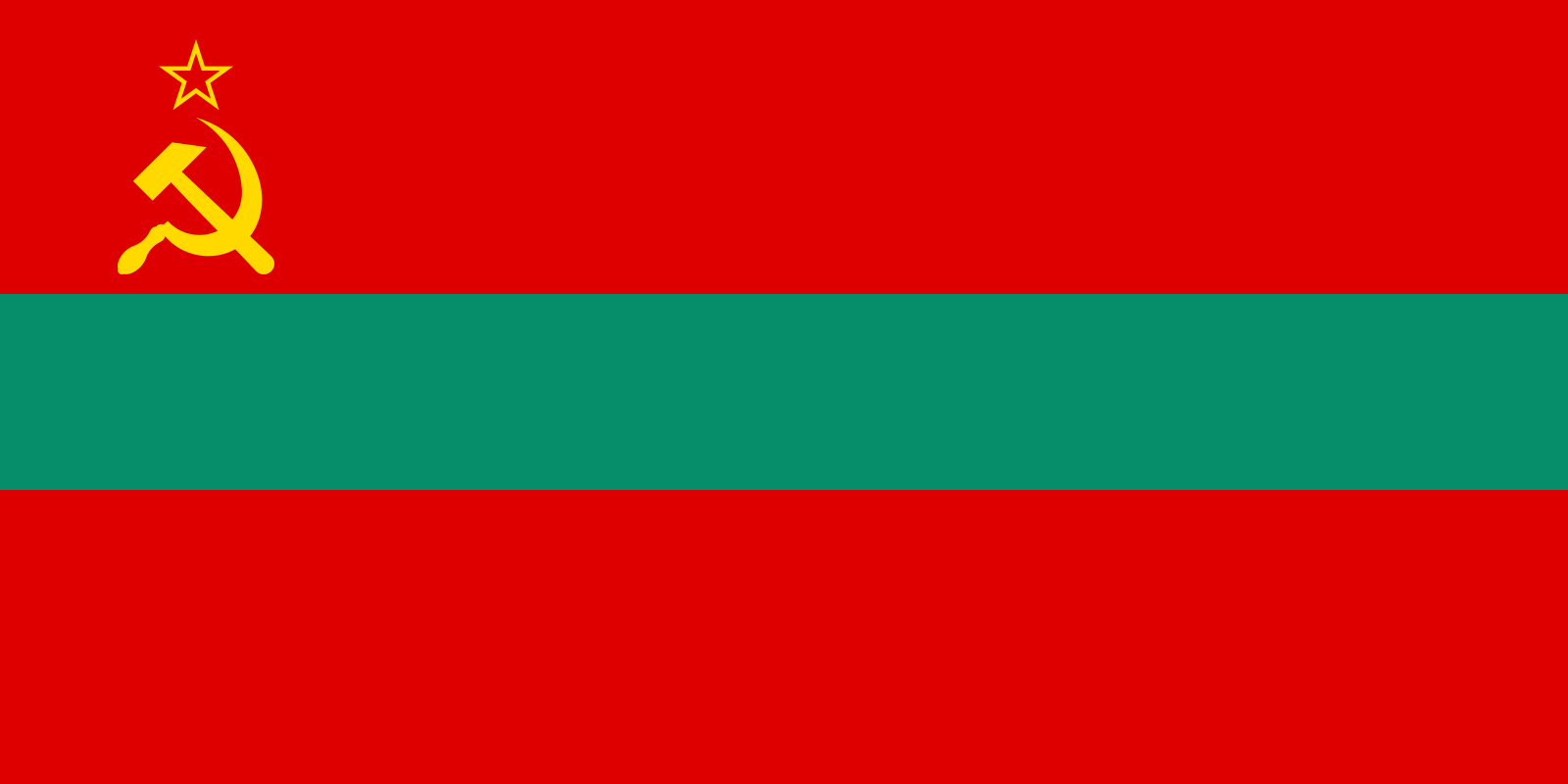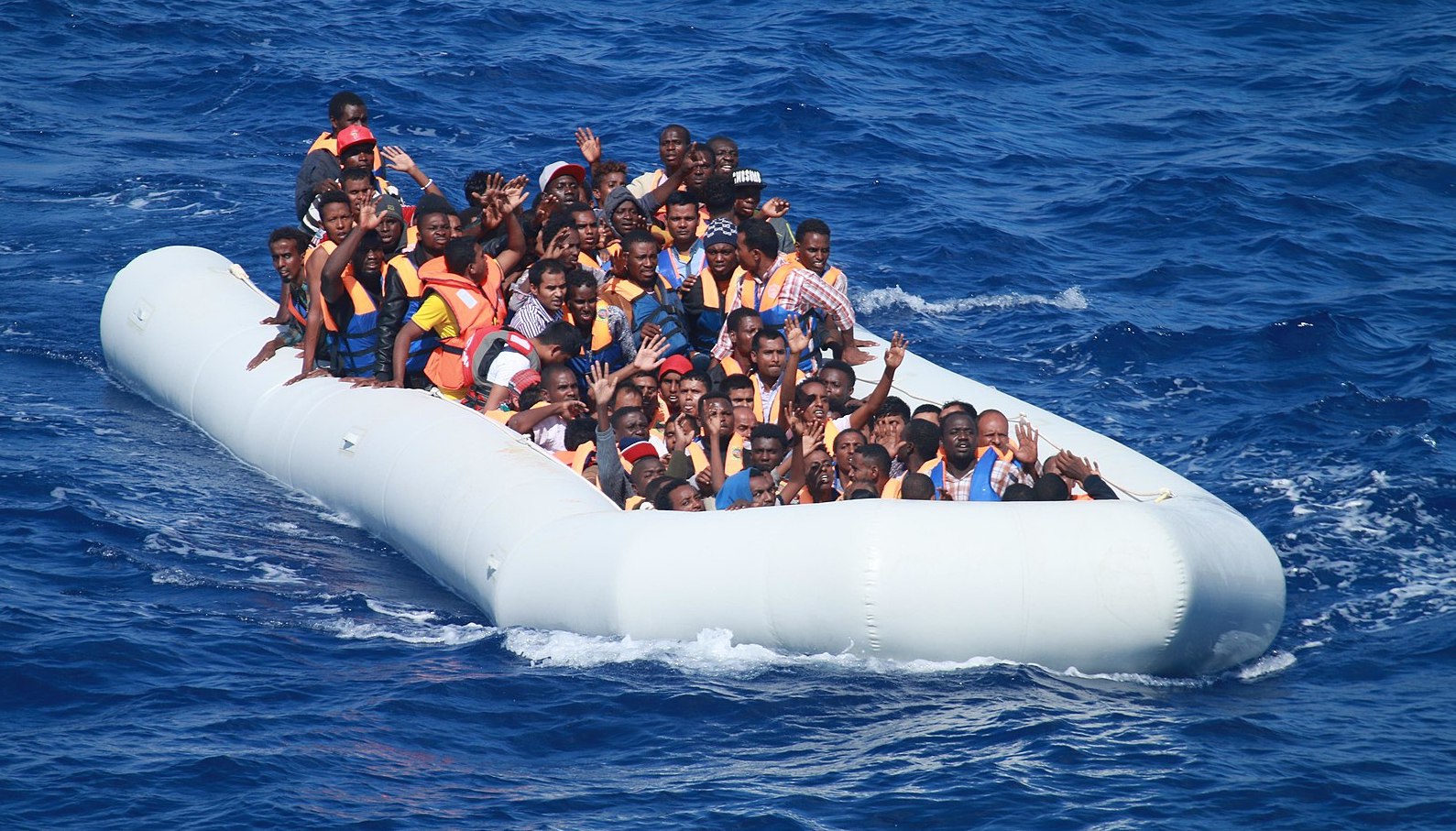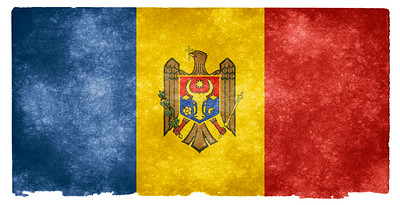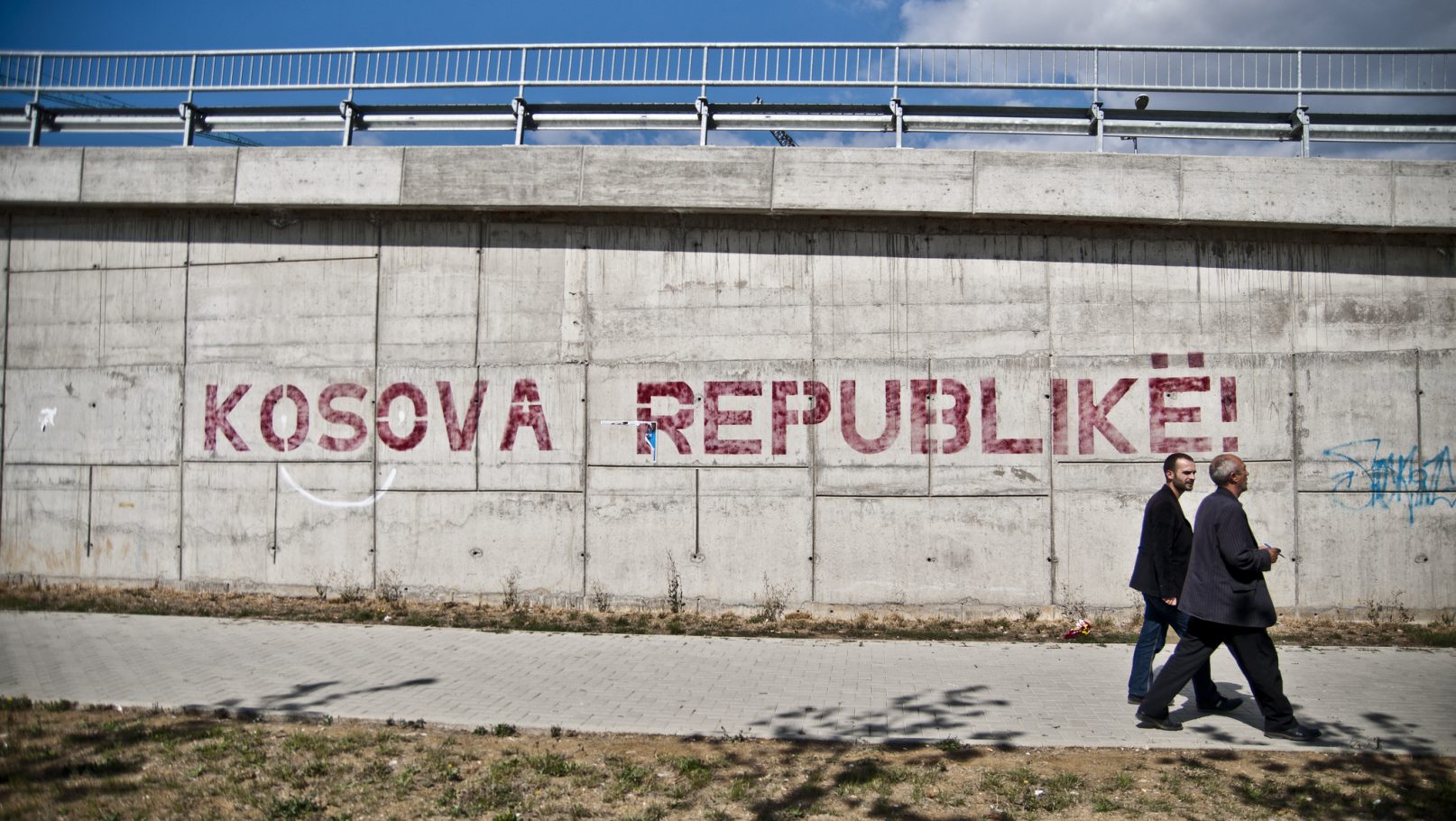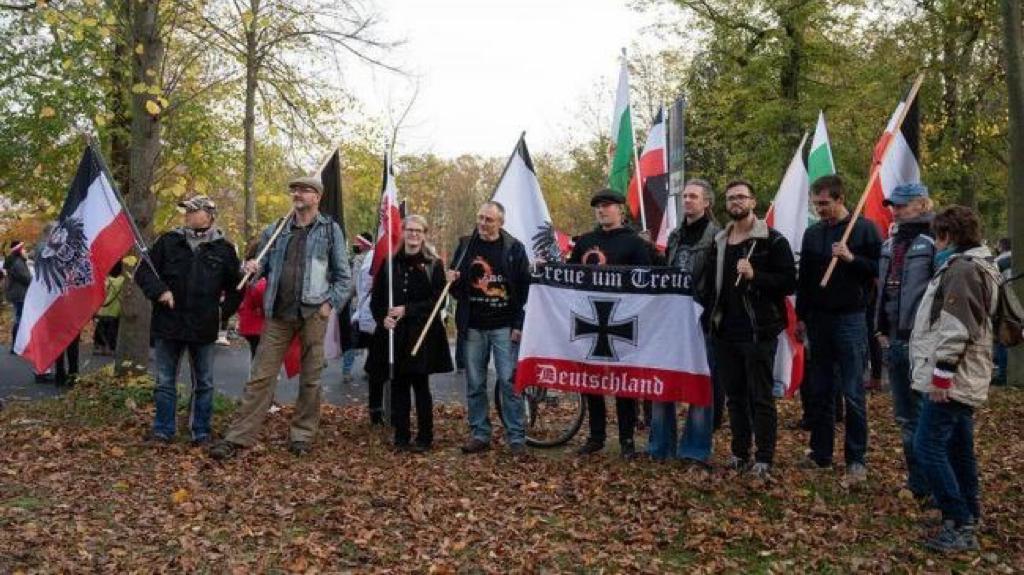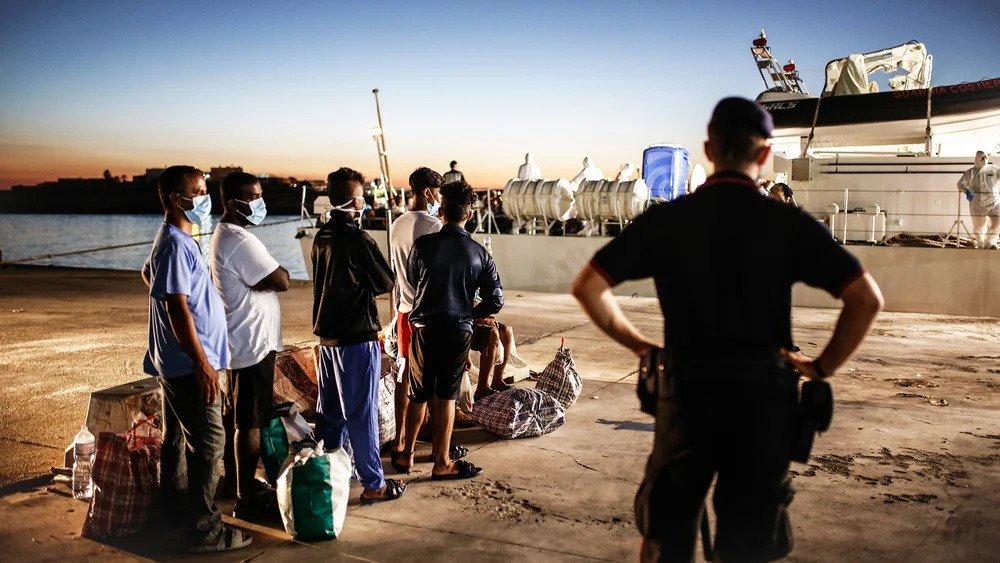Israel anti-Semitism confab embraces fascism —yes, really
The Zionist-fascist convergence under Bibi’s regime is getting too blatant even for the habitually pro-Israel Anti-Defamation League, whose leader stayed away from a supposed “International Conference on Combating Antisemitism” held in Jerusalem under the auspices of the Israeli government, headlining Prime Minister Bibi Netanyahu—and also featuring several figures from the European and American xenophobic (and even anti-Semitic!) far right. (Image via frgdr Blog. Hebrew lettering in background spells names of places in Europe where Jews were exterminated.)




